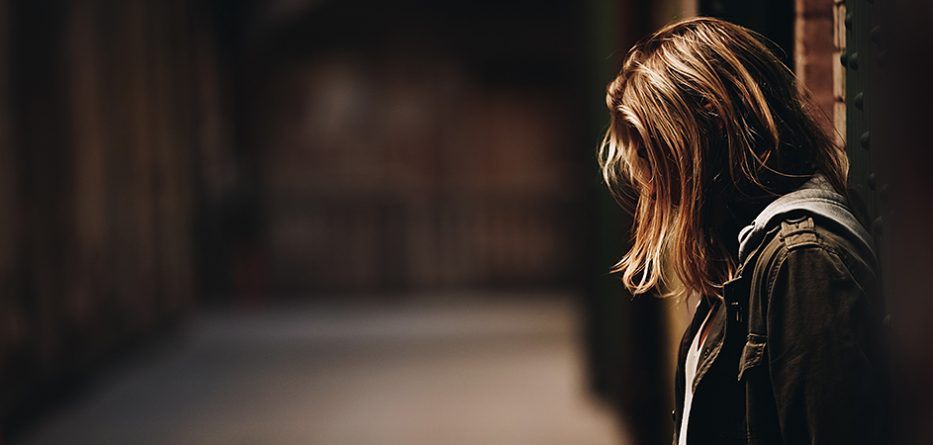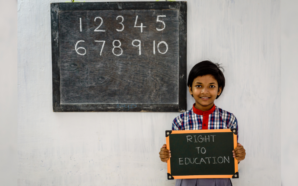10 September is the World Health Organisation’s (WHO) World Suicide Prevention Day
Doctors and psychologists have warned of the threat the coronavirus and the response to it pose to people’s mental health. They have focused particularly on the higher risk of suicide. Governments have responded commendably by funding increased levels of mental health care.
The link between the time of coronavirus and suicide is not surprising. Many people who take their own lives have found it difficult to make connections with people and society due to mental illness. The pain they endure can make it hard to maintain close relationships with their friends and families. It also threatens their ability to connect with society through courses of study and through employment.
Coronavirus has intensified this risk. It has been the enforcer of distance and solitude and is a natural breaker of connections. Even those of us fortunate to enjoy good health have experienced the strain that social distancing, wearing masks, being in isolation or quarantine, unable to visit sick relatives, meet in large groups or travel, being able to attend friends’ funerals, can put on our health and wellbeing. For people whose rituals of connection are already brittle, the coronavirus imposes additional strain both on themselves and on those with whom they live. The risk of suicide increases.
The effects of suicide ripple out into the community in particularly powerful ways. They touch parents, grandparents, brothers and sisters, friends and acquaintances. The effect on young friends, many of whose grasp on life is also precarious, is deeply poignant.
Suicide Prevention Day invites us to ask how we can help prevent similar deaths in future. It also prompts reflection on how we can help relatives and friends to come to terms with the suicide of someone they have loved and to live fully. They need help to reflect and talk about the deaths by suicide of people whom they have loved dearly. Because the suicide of people whom we love is so confronting and distressing, we can be tempted to deny it or to shut it out. Our friends will avoid the topic and we also will be reluctant to mention it. Yet the more we avoid it the greater the power it can have over us.
The stigma of suicide imposes silence. If we are trapped in silence, our grief, anger and despair may fester within us. That may explain in part why some relatives of people who have taken their own lives also suicide. For this reason, to encourage the relatives of people who have suicided to speak about the death and how it has affected them.
Our Jesuit Social Services Program, Support after Suicide, has for many years provided a safe environment in which people can break through the silence that fear and shame that so often surrounds suicide. Its quiet service is even more needed in the time of coronavirus.
CatholicCare Western Sydney and the Blue Mountains provides counselling services which are available for individuals, couples, single parents, families, those experiencing grief and loss, seeking financial counselling or a way to reach out and support through volunteering.
To make an inquiry or a referral:
- call (02) 8843 2500 (Mon-Thu 8.30am-8pm, Fri 8.30am-5pm, Sat 9am-1pm)
- email – enquiries@ccss.org.au
- visit their website – www.ccss.org.au
A list of support services compiled by the Diocese of Parramatta’s Office for Safeguarding can be found here.
Fr Andrew Hamilton SJ writes for Jesuit Communications and Jesuit Social Services.








